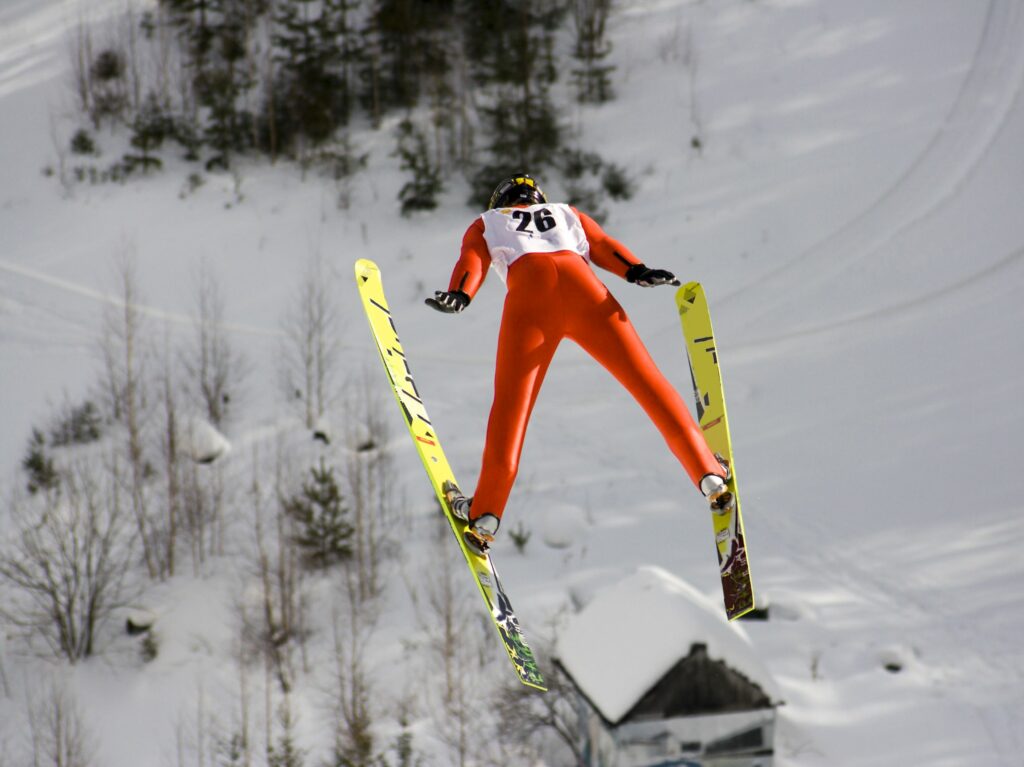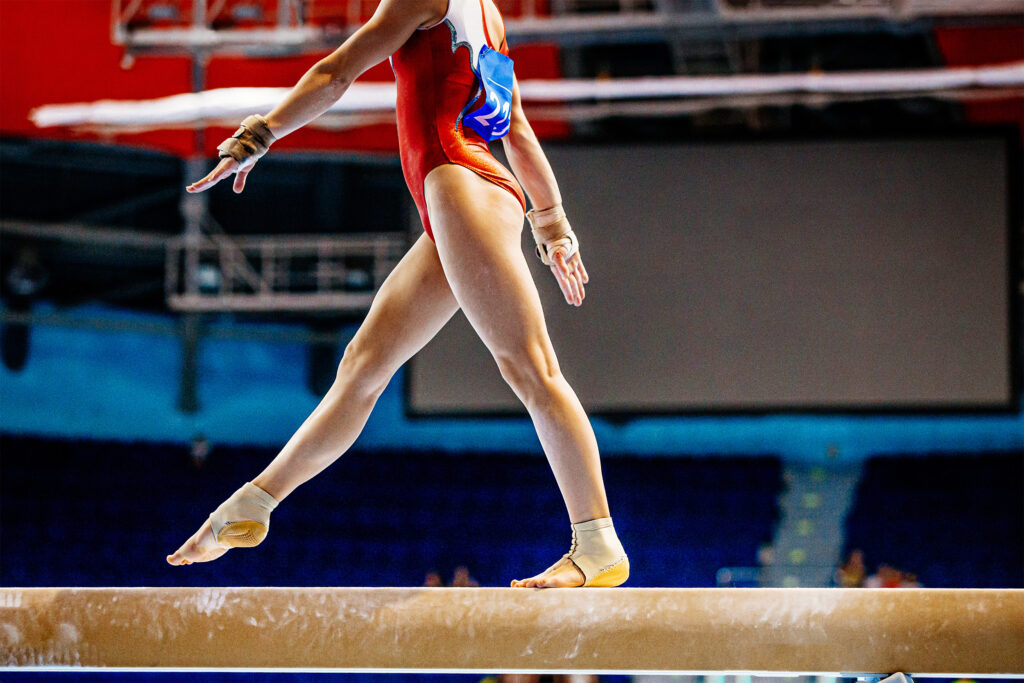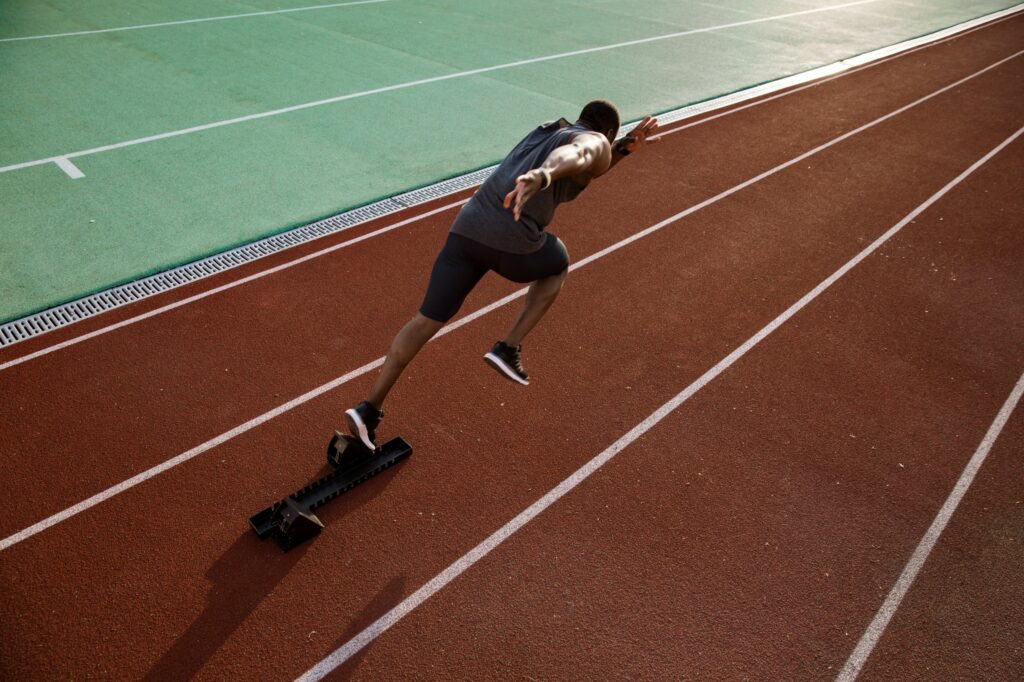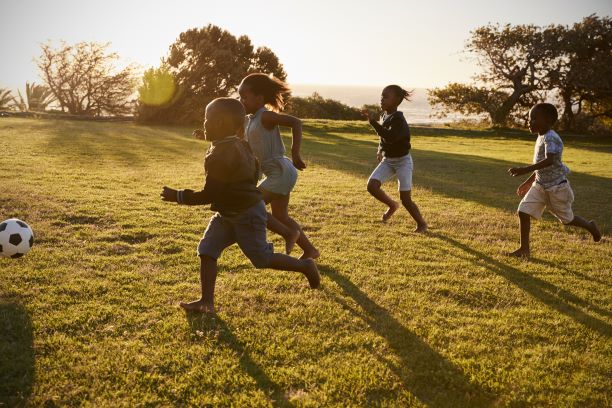Strengthening Collaboration in Canadian Sport: Exploring a Nordic Strategy

Anyone who spends time in the world of sports—competing, coaching, supporting, or spectating—has heard their fair share of inspirational quotes. From “alone we go faster, together we go further” to “teamwork makes the dream work,” the strength of the team is a central feature of stories about success in sport. But what if we told…
Earth Day 2021
Today is Earth Day, part of an international movement to increase engagement on climate action. Canada Games Council President and CEO Dan Wilcock believes the Canadian sport sector can work collaboratively to help tackle the issues surrounding climate change. Having recently signed onto the Sports for Climate Action Framework, the Canada Games Council plans to…
National Volunteer Week
This week (April 18-24) is National Volunteer Week, a time to celebrate and thank Canada’s 12.7 million volunteers. Virtual volunteering is a novel way to engage volunteers during persisting COVID-19 restrictions, but it doesn’t need to stop post-pandemic. Online opportunities can help sport organizations build their pool of volunteers, attract volunteers with diverse skill sets, and become a more flexible and inclusive organization.
Next Steps in the Safe Sport Journey: From Prevention of Harm to Optimizing Experiences

Highlights This article addresses the next steps in the Safe Sport journey; specifically, how to move from a focus on prevention of harms to a focus on optimizing the sport experience for athletes and sport leaders alike. This journey involves a cultural change in sport—one that challenges some traditionally accepted assumptions and practices and encourages…
Sports at risk: Addressing climate change in the Canadian sport sector

Highlights Both indoor and outdoor sports are vulnerable to the effects of climate change, from heat waves and diminishing amounts of snow to disruptions in supply chains. As a first step to prepare for and adapt to the effects of climate change, engage board members and staff in intentional discussions about the climate hazards that…
Can you hear me now? The emergence of the athlete voice in Canadian Sport

This article is the third and final piece in a special series that explores how Canadian sport leaders are adapting and innovating to safeguard the well-being of athletes preparing for the Tokyo Olympic and Paralympic Games and other major games during a global pandemic. Don’t miss the first and second articles in the series! Highlights…
Spring 2021 SIRCuit
The Spring 2021 SIRCuit is now available! Spring is in the air and summer is on the horizon—and while the COVID-19 pandemic rages on in many parts of the world (including here in Canada), sports enthusiasts are eagerly awaiting the arrival of the Tokyo Olympic and Paralympic Games. Looking ahead, this edition of the SIRCuit tells compelling stories about how athletes and sport organizations have adapted and thrived in the…
Using the Values Creation Framework
One way to evaluate social learning spaces is the use of the Values Creation Framework, which focuses on the different types of “value” experienced by participants. This ranges from “immediate value” experienced directly through engagement, such having fun being around like-minded people; to “transformative value,” as insight and learning is used to influence deep changes…
Sport organization adaptation during COVID-19
New research about sport organization resilience during the COVID-19 pandemic suggests adaptability, a clear sense of purpose or identity, strong networks, and good timing have contributed to success during this turbulent time.
Racing towards 2030: Using the Sustainable Development Goals to move inclusion forward in sport

If there was ever a time in our history to consider how to not leave anyone behind, 2020 was that year. As people and organizations seek to reconcile the impact of COVID-19, we need to think about how we build back in ways that intentionally bring people together and collectively work towards a better future. The…